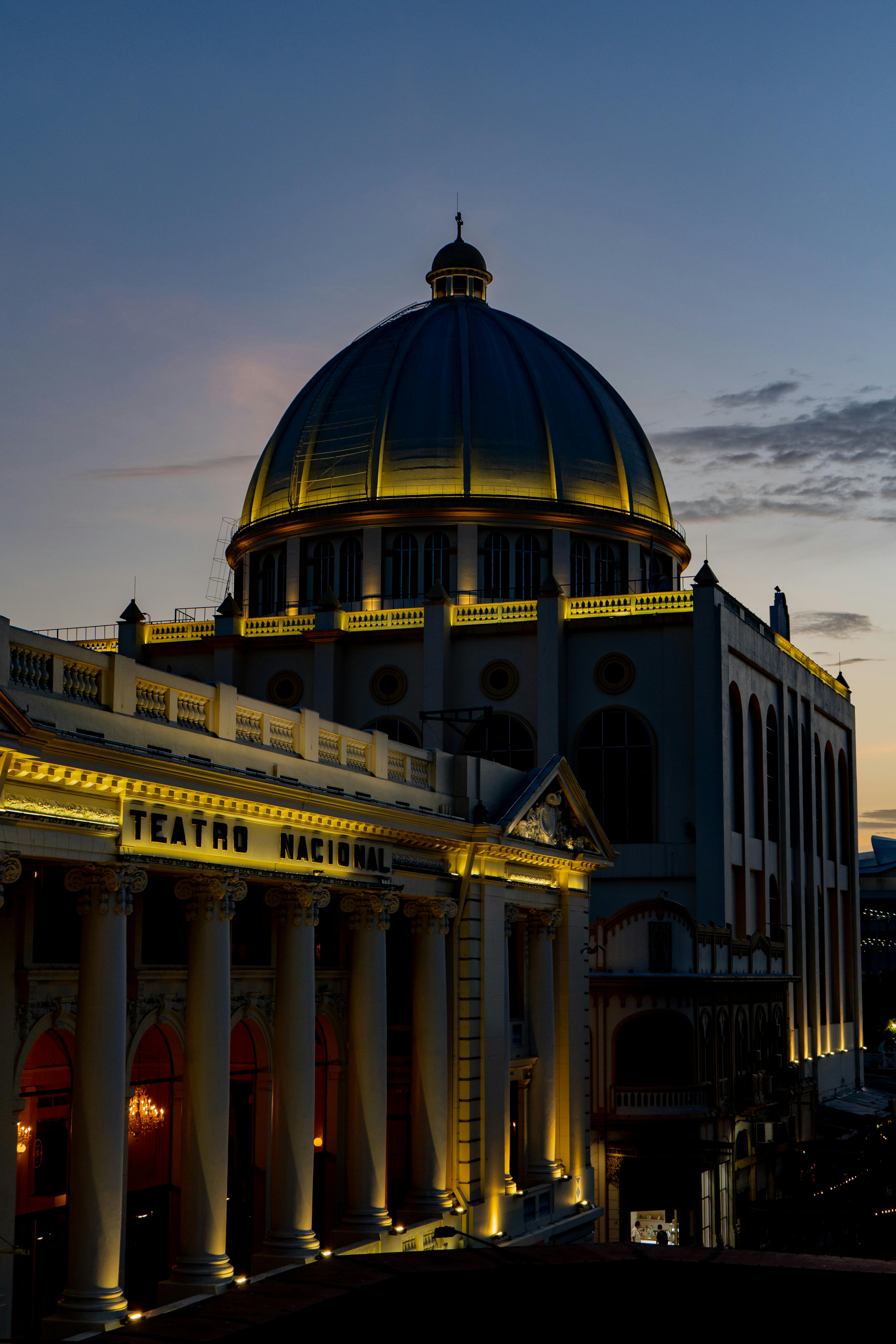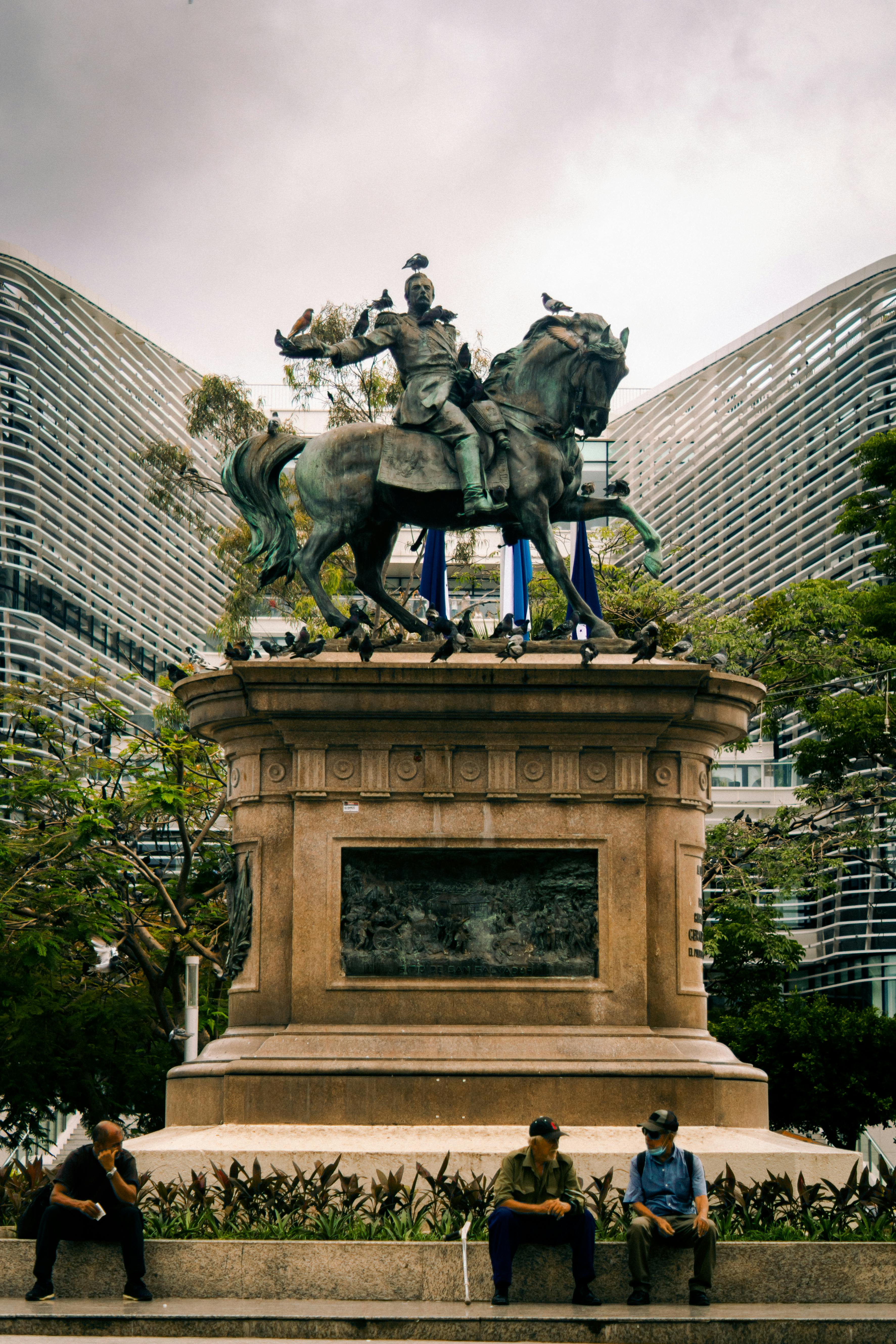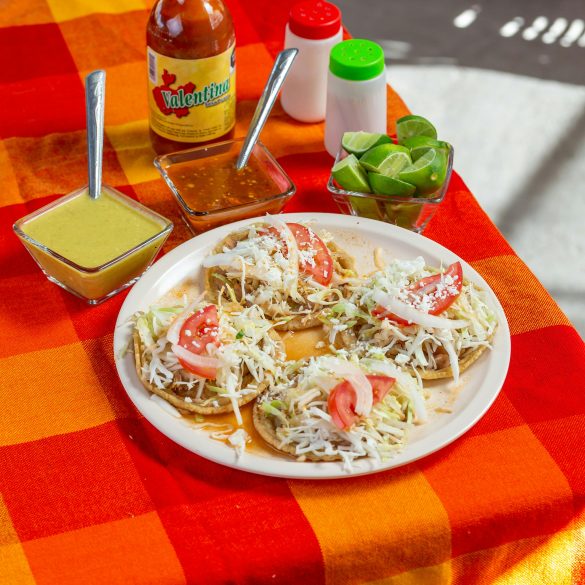Invest in Salvador: Top Opportunities, Risks & Insider Strategies for 2024
Ever wondered why so many global investors are suddenly talking about Salvador, Bahia? It’s not just hype—there’s a real story here, layered with history, economics, culture, legal quirks, and emerging tech. And, honestly, I didn’t take Salvador seriously as an investment target back when I first started studying Brazil’s markets, way before the 2020 investment boom. In those early days, most international attention went to São Paulo or Rio. Now? It’s Salvador that’s quietly becoming the go-to city for forward-thinking investors who crave both growth and lifestyle. What shifted, and—more importantly—how can you ride this wave, avoid the pitfalls, and actually thrive?
Why Salvador Now? The Changing Investment Landscape
Let’s start with the core question: What makes Salvador—Brazil’s old colonial capital, perched on the sun-drenched coast of Bahia, famous for Afro-Brazilian culture and world-class beaches—suddenly viable for international investment in 2024? Data tells part of the tale: GDP growth in Bahia outpaced Brazil’s southern states last year1. Foreign direct investment has more than doubled since 2021, and the city government is actively courting digital nomads, SMEs, and foreign retirees with fresh incentives2. But the lived reality is twistier—think currency volatility, patchwork regulations, maddeningly slow paperwork, and, yes, huge returns if you get it right.
From vivid colonial architecture to its robust tourism sector, Salvador is a city at the crossroads: poised between deep tradition and rapid modernization. On the surface, it’s easy to see only the picturesque beaches and colorful festivals. Dig deeper, and you’ll find a city grappling with serious challenges—slow infrastructural upgrades, social inequities, and persistent bureaucracy. Yet, this is where opportunity lives. Over the past three years, I’ve watched close associates successfully launch boutique hotels here (even during pandemic hangover years), while tech startups quietly raised capital and made inroads into emerging regional markets.
Key Insight
If you’re a global investor, Salvador’s mix of rising tourism, affordable property, and growing digital infrastructure offers “the last affordable beach city” play in the Americas—if you know which pitfalls to avoid.
“Salvador’s investment climate combines high potential with high friction. Local knowledge is everything—foreigners who succeed here learn fast, build strong local teams, and cultivate patience.”
Sector Deep Dive: Real Estate, Tourism, Technology
Okay, let’s pause and acknowledge the reality: not every sector shines equally. Back in 2018, a colleague and I toured abandoned beachfront developments—remnants of an earlier wave of “get-rich-quick” schemes. Lesson learned? Stick to sectors where the fundamentals are strong and sustainable, and always do your local homework. These days, I approach Salvador by triangulating three high-potential verticals: real estate (with sub-categories in residential, commercial, and hospitality), the booming post-pandemic tourism market, and—surprisingly—early-stage technology ventures fueled by Brazil’s vibrant startup culture3.
- Real Estate: Affordable beachfront condos, restored colonial homes, and commercial co-working hubs fuel both lifestyle migration and returns-heavy investments.
- Tourism: Salvador welcomed nearly 2.8 million tourists in 2023, with continued growth projected. New hotels, eco-lodges, and short-term rental properties are in demand4.
- Tech Startups: Although nascent, the local tech ecosystem benefits from low operational costs, access to talent from local universities, and a wave of public-private innovation grants.
Of course, not everything is sunshine and samba. I’ve lost count of the local business owners who, seduced by macro indicators, overlooked daily operational and legal friction. Ask yourself: “What’s my risk tolerance, and can I manage remote hires, currency fluctuations, and a legal framework that favors locals on paper?” If your answer is “I have a strong network and flexible capital”—Salvador could represent a savvy, lifestyle-friendly asset in your global portfolio. If not, keep reading—transparency is essential here.
Quick Take
Sectoral winners shift by year. In 2024-2025, focus on well-managed rental properties, boutique hospitality, and mid-stage tech accelerators riding government incentives.
Legal and Bureaucratic Barriers
Here’s where the rubber meets the road, and, bluntly, where more than one would-be international investor has gotten burned. Brazil’s legal environment is, in a word, convoluted. That’s not criticism; it’s reality, as many Brazilian lawyers would agree. Salvador’s municipality has made tangible efforts to cut red tape for foreigners, but expect several hands-on months of paperwork. I used to think this was exaggerated until a business visa renewal in 2021 left me stranded in limbo for six weeks—a period that cost investor friends both time and potential revenue. What’s more, rules for foreign property ownership vary not just from state to state, but even from neighborhood to neighborhood; a patchwork regulatory environment that simply does not translate easily into Googleable advice5.
- Property Purchase: Foreigners can buy urban property in Salvador with relatively few restrictions, but certain coastal and rural parcels near military installations or islands require explicit Federal approval6.
- Business Registration: Expect layered bureaucracy. Bilingual legal counsel is not optional; it’s mandatory for any business venture—local partnerships greatly accelerate the process.
- Visa Complexity: Brazil’s “Investor Visa” (VITEM IX) now requires a minimum investment of R$500,000 (about $100,000 USD), with possible exceptions for job-creating ventures. Processing times range from three to nine months.
| Barrier | Typical Duration | Mitigation Strategy | Success Rate (2023) |
|---|---|---|---|
| Property Registration | 2-4 months | Work with trilingual local notaries + legal counsel | 82% |
| Business Setup | 3-9 months | Local partner/M&A route | 74% |
| Investor Visa | 4-13 months | Specialized immigration attorney | 67% |
Sound daunting? Sure is, especially if you’re used to hyper-streamlined jurisdictions like Singapore or the UAE. But here’s the flip side: persistent investors willing to navigate the gauntlet often find far less competition once they’re “inside the fence.” Back in 2022, I introduced a US-based investor to a local Salvador partner—her new boutique hotel now routinely outranks global chains on TripAdvisor, largely because she’s one of only a handful in her niche who made it through the system.
“International investors often underestimate Salvador’s administrative complexity. Yet, those who take the time to do it right see long-term returns that outperform Brazil’s southern markets.”
Risks & How to Manage Them
No investment is risk-free, and Salvador is no exception. The top risks I’ve encountered—both personally and through client feedback—boil down to three domains: currency volatility, market liquidity, and local operational reliability. Three years ago, one of my closest investor colleagues saw a sudden devaluation of the Brazilian Real wipe out projected quarterly gains. Lesson: hedge your exposure. Another friend, a digital entrepreneur, underestimated regional logistics—delivery times for essential tech components doubled, forcing painful delays in product launch. There’s always a “didn’t see that coming” moment in Salvador, so what really matters is how you structure your entry.
- Currency Risk: Hedging is essential. Utilize multi-currency bank accounts and consider digital wallets or remittance platforms that allow for flexible conversions at favorable rates7.
- Liquidity: Resale timelines can be slow—savvy investors keep a long-term horizon (5-7 years) and maintain diversified local partnerships to boost off-market deal flow.
- Operational: Hire local legal, tax, and operations talent. Never try to DIY corporate compliance in Brazil—local context is everything.
Personal Insight
Based on my years consulting in Latin American markets, the rarest quality among successful Salvador investors isn’t capital—it’s flexibility. Shifting timelines? Expect them. A hyper-specific municipal tax, implemented mid-project? Adapt or die.
“Brazil rewards the nimble, not the rigid. In Salvador, those who plan for setbacks and trust wisely-chosen local advisors thrive, while ‘lone wolf’ investors stall out fast.”
Lifestyle & Local Integration: The X-Factor
I have to be candid here—the “X-factor” for investing in Salvador isn’t just raw yield; it’s lifestyle integration. This is less tangible, maybe even counterintuitive if you’re used to buttoned-up corporate investment. Salvador, with its rhythms, festivals, and intense community life, rewards investors who genuinely engage. What really strikes me is how quickly expats who show up only for returns become isolated—while those who throw themselves into local music, culinary scenes, or community projects achieve not just ROI, but quality of life beyond anything they experienced in wealthier yet “colder” markets.
Cultural Integration Tips
- Learn some Portuguese, even at a basic level—it accelerates trust and unlocks unique deals.
- Participate in local festivals, neighborhood associations, or entrepreneurial meetups.
- Find a cultural “insider” to bridge gaps—this could be a local lawyer, chef, musician, or guide.
A final note here: several clients who started as “armchair” investors have, over time, completely changed their approach after a few immersive months on the ground. Suddenly, their investment decisions are more nuanced, less transactional, and, frankly, more successful in the long haul.

Real Case Studies & Expert Quotes
Nothing grounds an analysis quite like actual investor journeys. Back in late 2020, as pandemic uncertainty loomed, one of my international clients—a digital startup founder from Berlin—opted to relocate his backend engineering team to Salvador. Why Salvador? Despite pushback (“Isn’t São Paulo safer for tech?”), he cited cost, work-life balance, and the lure of a lighter bureaucracy for digital businesses. Three years on, his operation has not only weathered multiple currency shocks but is now collaborating with two local universities on AI research, taking advantage of state innovation grants8.
“Our Salvador office runs on half the overhead of São Paulo, but the real gain is local talent—engineers here bring both technical skill and cultural creativity I rarely see elsewhere.”
Another compelling case: In 2019, I consulted on a boutique eco-hotel project set on Salvador’s Itapuã coast. The owners—a Brazilian-American couple—took the counterintuitive route, hiring mostly local artisans, sourcing entirely from within Bahia, and investing heavily in community partnerships. Their reward? Consistently being ranked among the city’s top five sustainable stays, rapid local adoption, and repeat bookings even during low tourism months. Speaking now, the owners stress that initial returns were slower than competitors, but their brand loyalty is “unbreakable.” It’s a pointed reminder: prioritize depth over speed, and Salvador will often reward the patient investor.
Case Study Takeaway
- Successful projects blend global capital with genuinely local execution.
- Cultural credibility directly impacts operational flexibility and community support.
- Returns are often non-linear: initial delays can yield long-term outsized results.
Top FAQs: People Also Ask (2024)
- Q: Can foreigners buy coastal land in Salvador?
A: Yes, with exceptions. Properties within 150km of Brazil’s international borders or military zones face additional restrictions. Urban areas, including Salvador proper, are generally open for purchase.9 - Q: What is the average property yield in Salvador?
A: Recent data shows gross yields on urban vacation rentals range 6-10%; boutique hotels can reach 12-14%, according to RE/MAX Brazil 2023 reports.10 - Q: Is Salvador safe for long-term investors and expats?
A: Like most Brazilian cities, there are zone-specific safety considerations. However, expat-heavy neighborhoods and gated communities offer strong security and high living standards; see government travel advisories for granular guidance.11 - Q: What are the biggest risks for 2024-25?
A: Ongoing risk areas: currency volatility, inflation, policy shifts, and climate resilience (especially for coastal developments).
Your 2024 Salvador Investment Action Plan
At this point, you may be itching to jump in—or hesitating due to the complexity. Let’s break the process into clear, actionable steps based both on my experience and repeated best-practices from successful investors:
- Define your priority: Cash flow, appreciation, or lifestyle? Salvador can deliver all three, but your strategy should be laser-focused.
- Make the field visit: “Desk due diligence” is important, but nothing substitutes for three weeks in Salvador with both business and cultural immersion. Book meetings with notaries, brokers, and local entrepreneurs.
- Build the local team: At minimum, secure a bilingual attorney, accountant, and property management expert. Consider a “soft-landing” agency or a bilingual business concierge for year one.
- Structure your finance: Hedge against currency and inflation using multi-lateral bank accounts, stablecoins, or local credit partners.
- Start small, scale up: Pilot with a manageable property or joint venture, tracking every operational and legal friction point before scaling.
Call to Action
Ready to explore this further? Reach out for my curated list of Salvador’s top bilingual legal teams and “soft landing” partners. Whether you’re aiming for real estate, tourism, or startup ventures, these local connectors will radically boost your odds of a smooth entry and sustainable profits.
FAQ: Schema Markup & SEO for Investment Content
- Should I use FAQ Schema for this topic? Absolutely. Structured FAQ can win featured snippets for investment and real estate queries.
- Does Google prioritize fresh data for investment guides? Yes. Seasonal market data, regulatory updates, and case studies from 2023-2024 will boost rankings.
- Is internal linking still crucial? More than ever. Link to guides on Brazilian visas, real estate due diligence, and Latin America investment strategies for authority.
Going Beyond: Future-Proofing Your Salvador Investment
Here’s where I step back and ask: what about the next five years? If you’d asked me even two years ago whether Salvador would climb so high on global “best places to invest” lists, I’d have hesitated. But now—after dozens of successful client entries, multiple economic tailwinds, and an emerging ecosystem of local innovators—the outlook is strong. Still, I’m not naïve. History says cycles shift. That’s why I urge my clients to build in adaptability: anchor investments with sustainability criteria, actively engage with local communities, and maintain real-time monitoring of new regulations (Salvador’s digital public notice board is a lifesaver for tracking municipal shifts!).
Key future-proofing strategies:
- Diversify across sector and timeline—mix tourism with tech and residential plays.
- Leverage digital reporting and local coworking hubs for constant compliance updates.
- Integrate local sustainability priorities into projects for community buy-in and regulatory resilience.
Authentic Final Thoughts: Is Salvador Right for You?
Long story short—Salvador is not “easy.” But that’s also why the right investor, blending patience, cultural integration, and adaptability, can reap results that simply aren’t available in crowded, higher-profile BRIC or Latin American metros. As someone who has seen both the fumbles (my own and others’) and the turnarounds, I’ll say this: Salvador rewards the genuinely curious, the locally engaged, and, above all, the investor who embraces both risk and joy. My own greatest professional satisfaction has come from helping clients build something lasting here, often in the face of early skepticism.
Final Call to Action
Still have questions? Connect below, explore our full archive of Brazil market articles, or request a tailored consultation. Either way, if you want to move beyond tired investment advice and see what’s truly possible in Salvador, Bahia—now’s the time.
And, last word—don’t forget your “why.” Only you can answer if Salvador is the city that will change your capital—and your life. But for those with the vision and grit to see it through, it just might be the smartest move you’ll ever make.
References & Further Reading



